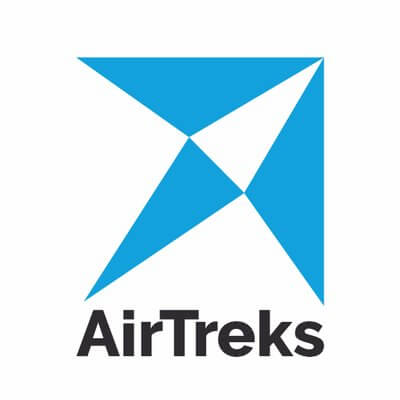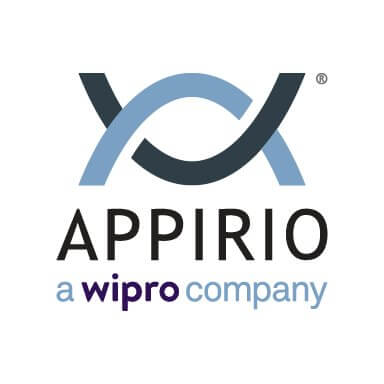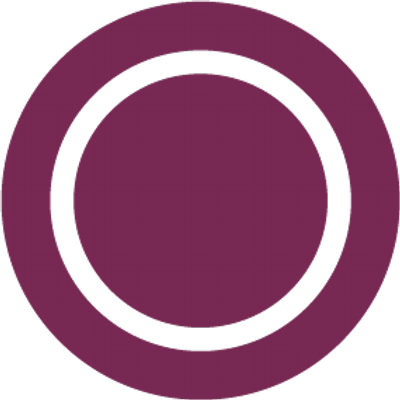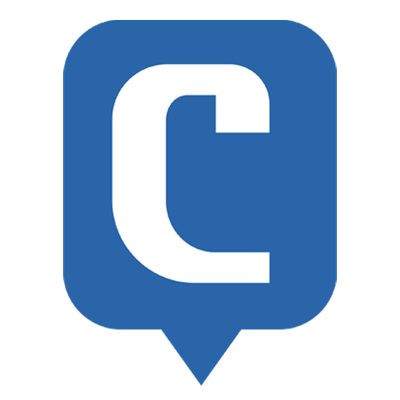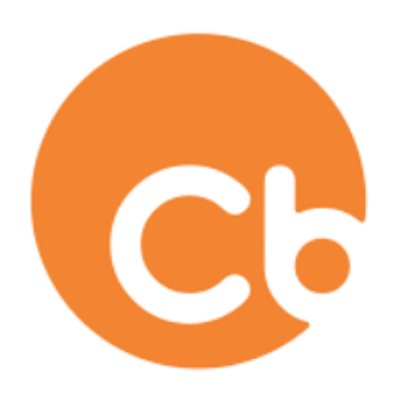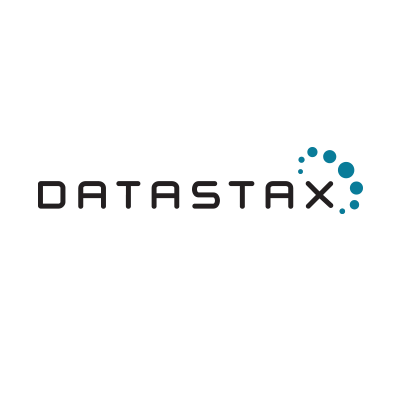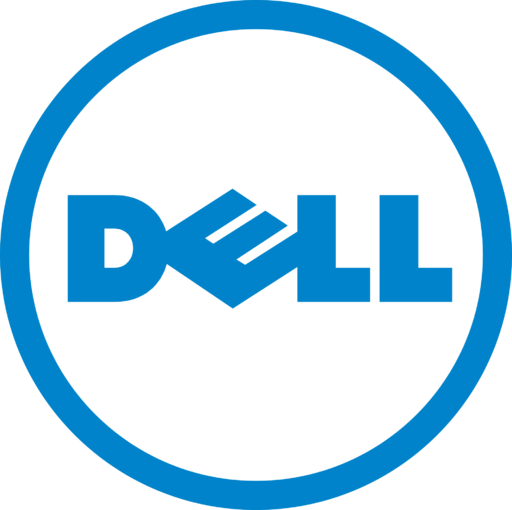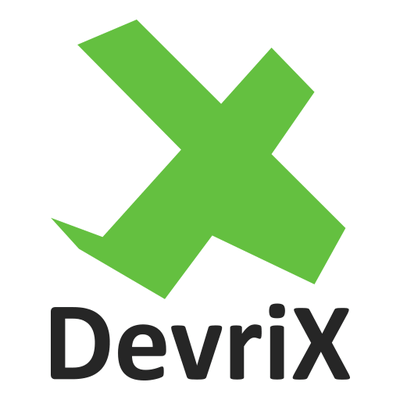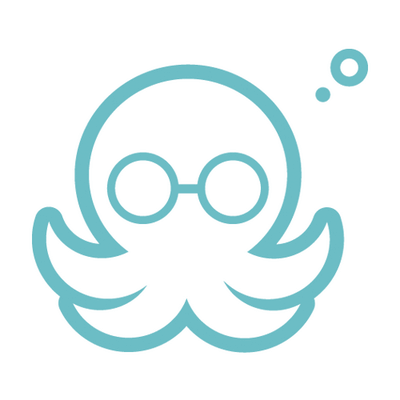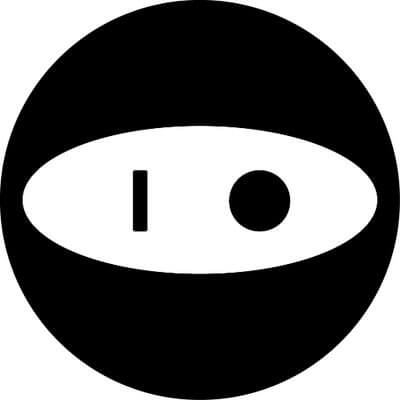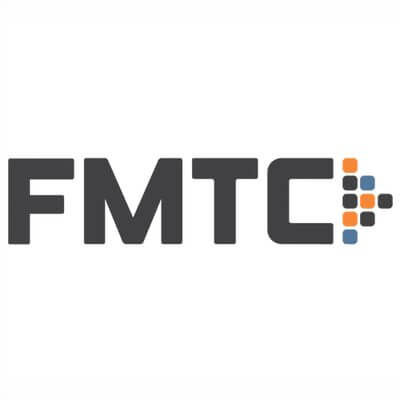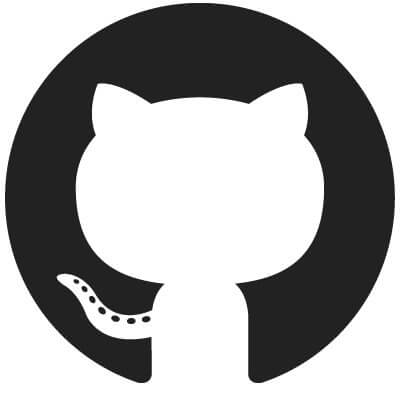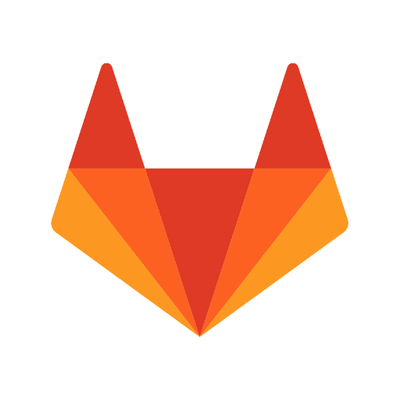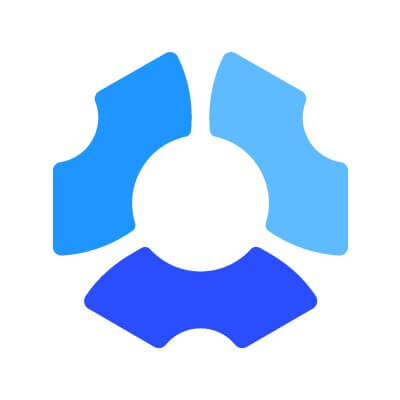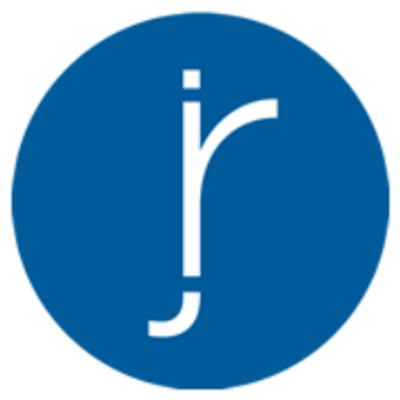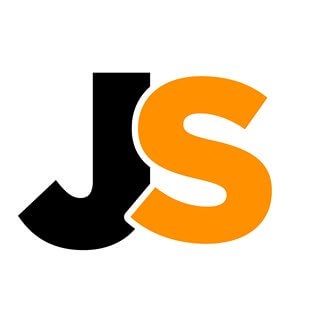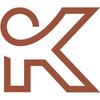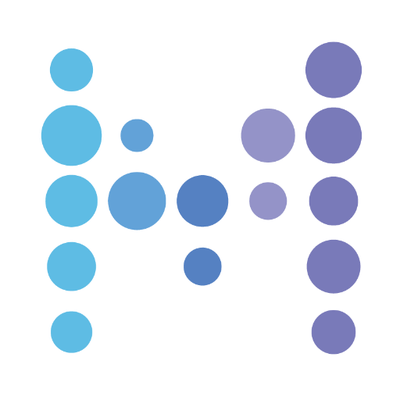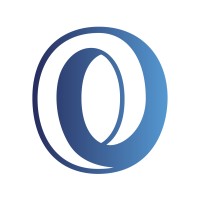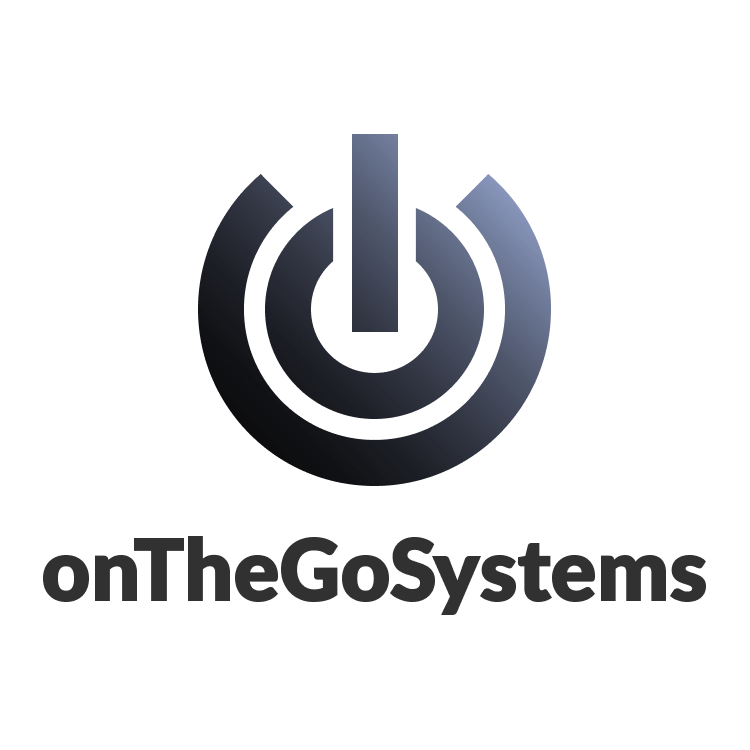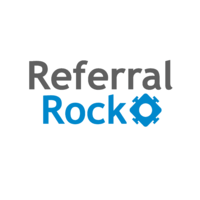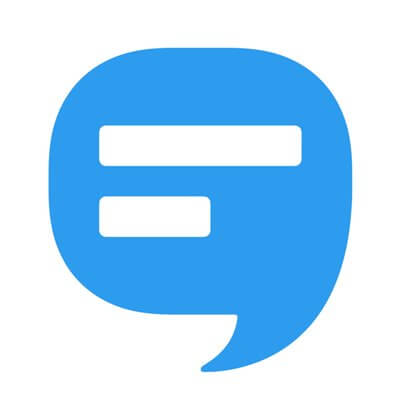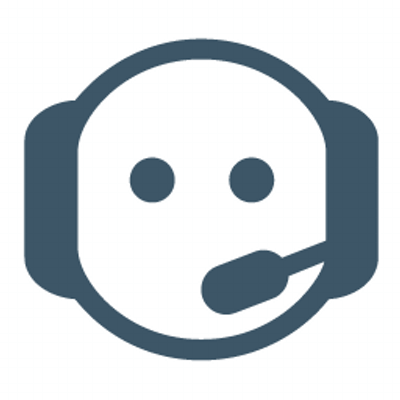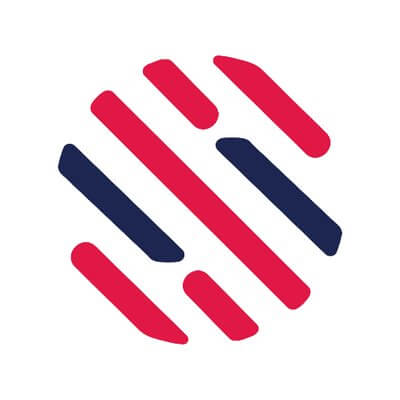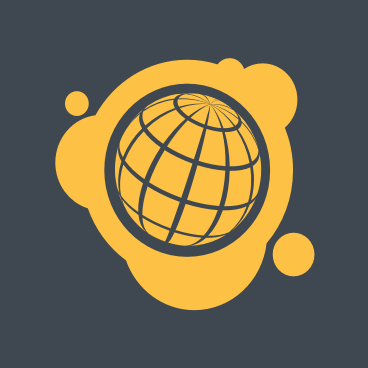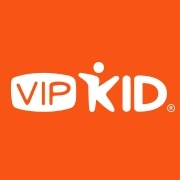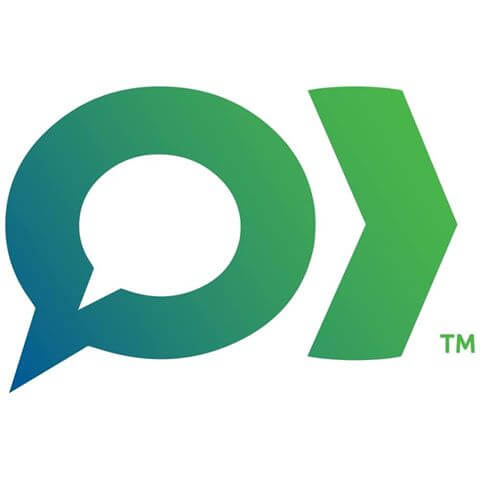How do you convey your remote culture in the recruiting process?
Our interview process is long. People usually meet with us 3-4 times, so they get to meet and hear from many different colleagues during the process.
Additionally, we hire and fire based on our company’s core values. We have a core values panel as part of the interview process, where the potential new hire meets with four of our colleagues to just talk and get to know each other. Colleagues ask specific questions to see how well the new hire fits with the company’s core values.
We ask specific questions about virtual fit when we speak with prospects. Some people like the idea of working remotely, but are more successful in traditional settings. We try to ask questions to help people be self-aware about their personalities and work styles.
There is an emphasis on the diversity within the workforce, opportunities for travel and how home workers allow us to have coverage as an employer across every continent. It allows us to engage the Ubuntu communities in more places and offers employees the flexibility to be home based.
I clearly stipulate that our remote culture means that our employees must be self-starters and that our training tools are more limited. Our employees must thrive on working independently.
When speaking with a potential remote team member, we convey our company culture as a whole. It’s important to let team members know that we desire and appreciate communications back and forth, not only between coworkers but between staff and management. We try to emphasize the importance of continuous communication and how easy it is to talk with other team members thanks to technology such as chat windows or Google Hangouts.
We work best as a team! We want to cultivate a fun, interactive work environment that still allows people the space they desire. We encourage constant communication, and want everyone to feel like they’re part of a family, not just an agency.
The interview process mimics our day to day life and is all done remotely via phone, Google Hangout or Skype. As we speak to candidates, we explain to them that our CEO is a huge proponent of a remote culture and he schedules his all hands calls, company meetings, etc. at a convenient time for everyone worldwide.
We use social media and various digital properties to share remote stories featuring our employees on an ongoing basis. In particular, we love Instagram as it is primarily employee-generated content and is very authentic. Our employees post about working from home on a Friday with a photo of them in their backyard working outside or with their pet and tag @LifeatDell. Our team scans Instagram for those posts and re-posts to our account. It’s simple and very successful.
We have three introductory documents for new hires that we share with them prior to starting together, explaining our goals, mission and vision, our working process, guidelines and regulations, as well as the technical requirements (tools we use and how we use them in particular). Additionally, during the interview we explain what kind of projects we work on, how does our team work remotely, what soft skills we require from them.
We test motivation and eagerness to learn and grow in a distributed environment and see if a recruit is willing to be a long-term member of our team.
We’re completely transparent about our company values and culture in everything we do, including our actual job listings. We don’t want anyone to have to wonder about what type of company culture we maintain – and our applicants frequently cite our culture as something that made them enthusiastic about applying!
During the recruiting process we embody and describe the characteristics we prize in our company. We are honest to the candidate about the nature of the position and the work we do for our clients. In so doing, we describe the relationships between the virtual assistant (VA) and the client, and amongst VAs. In explaining how we operate, we convey that we value both autonomy and responsibility, in that VAs are ultimately responsible for the relationship with a client and are given freedom to manage that relationship without constant supervision.
We are very transparent in the hiring process about expectations and the organic culture we have. Our company core values are explained in the job description before they apply and in the written application. We ask applicants what their core values at work are; if they don’t align with ours, odds are it is not going to be a good fit!
Our interviews are broken up into several steps. We first start out with a peer interview, which includes team members from the department of interest. Then, we conduct a “culture” interview. This portion of the interview is dedicated to making sure we find the best candidates for the role. We ask questions specifically tailored to our values as a company and incorporate a few fun elements into the chat.
We do what we can to be explicit in all our public job postings about which opportunities at GitHub are remote and which aren’t, but perhaps the most important way we communicate our remote culture is through our existing employees. We encourage all GitHubbers to engage with the community in whatever ways they can, whether that’s attending local meetups, speaking at conferences, or writing blog posts and articles to publicly share the way we work.
We believe that if we can all collectively do a good job of conveying our values within the communities our people are already involved in, then it will mean that when it comes to the recruiting process there’s a much better chance that candidates will already have a good insight into our values by the time they’ve submitted their resume.
We explain it as both a benefit and a responsibility. There are a lot of great things that go along with it, and many people know those. But we also talk about some of the harder things of working from home, like juggling demands within your household. We want to make sure that whoever comes on board has the proper expectations.
We bring it up right away. We feel it’s a selling point for attracting top talent.
All people we are interviewing know that we are working remote. For many of them it is one of the main reason to work for us.
We mention in our advertising that we are a virtual company and that it’s a remote-work job, but we dig deeply on this topic as we interview.
We build quite a lot of content about our remote culture with videos, photography, and sharing our processes. It’s made clear on our jobs page that we are a remote company and boast all of the perks. On top of that, we often advertise open roles on websites such as Remote.co to attract an audience of professionals who are seeking a remote position. During the interview process we speak to candidates about whether they have worked remotely previously, or why they are looking to work remotely. The main thing we look for is candidates who can show us how and why they work well in an autonomous environment.
Interestingly enough, the culture comes across best while asking the candidate questions. The very type of questions we ask, which often get the candidates speaking of their personal values, conveys more about us than any statement we can make. When candidates ask about the company culture, I’ll often bring on one of the other staff to answer those questions, as I’m obviously biased as the owner.
We’re transparent about our remote culture. For me, and for a lot of our employees, the workspace freedom we get at LiquidSpace is a huge draw. Lots of our employees are parents, for example, so workspace freedom is extremely useful. Having the opportunity to work where we want and when we want enables everyone to focus on everything that’s important to them, not just work.
A combination of communication methods—we ensure consistency in messaging and culture across email, text, video, phone calls, and meetings. We have one central group that is responsible for managing a dictionary and a full repository of all common phrases and language to use in any situation.
We try to share as much information as possible—we mention our core values and explain how people work in teams.
We simply said on the job description that the position is remote and we have no set work hours. This nicely self-selects people who thrive in this environment.
We have written about our culture and point applicants to those articles. Often times the candidate brings it up in an interview, such as, “I was reading X and liked what you had to say about Y, can we discuss that more?” Also our entire team operates on the same wavelength so the candidate is immersed in the culture from the very first interview to the last with the CEO (in which the conversation is typically 90 percent just about our culture and the self-discipline required to work effectively here).
First is how we write our job postings. We try to write them a bit more conversational to convey our culture.
I like to tell interviewees about our people and how we work with specific examples. I feel strongly about having the candidate have a great understanding of what it is like to work at Referral Rock. It’s remote, and not a free-for-all. You do have liberties and freedom, but within our structure.
The best way to do that is to allow the candidate to speak with existing remote employees and to ask them questions. Plus, with the digital nomad trend there is a large pool of people who, at least in the outset, are less interested in culture and more interested in the luxury of working from anywhere. Of course culture is important long term, but it’s much like dating: looks attract and personality keeps—so too, remote opportunity attracts but the company’s personality keeps.
We are very candid about the potential for isolation in a remote work environment and we stress the importance of taking responsibility for oneself in his or her role at SitePen. We have multiple initiatives going on at any given time and beyond your customer projects, we’re expecting everyone to dive in and succeed! Our team is loud and inviting but, as with everything, you only get out of it what you’re willing to put in and we have high expectations for very superb source code and quick-on-the-draw animated gifs.
First of all, we use our product – an online workplace – to screen and interview recruits. This instantly conveys the importance of remote-ness in our culture. We ensure they understand the priority of thought leadership in our emerging workplace, and of course, introduce them to our goofier employees to make sure they get the general sense of humor with which we operate. And of course, if they can agree on policies with the IT guy – who is obsessed with security – that’s a huge win as well!
Candidates have the chance to meet with a variety of people from parts of the engineering team and talk to them about how they work. Since we use Google Hangouts every day for work and conduct the interviews over Hangouts, the interview is very similar to what it would be like working here.
This is an area where we could improve. We mention it briefly in our job descriptions but it’s not explained well.
We try to stress the qualities we are looking for in our candidates in our job descriptions and through our ad placements, partnering with companies that attract the candidates we are looking to hire.
People love this when looking for a job. It really excites people that they can do a job that they love while working from home. It provides them freedom and convenience that they can’t get at other jobs. It’s a great way to attract top talent. We are sure to put this in our job ads and on our website.
To start with, almost all of our interviews are done remotely, so that’s a pretty good tip-off about how we work. We talk about our remote culture on our Jobs page, in our job descriptions, and extensively on our blog.
We’ve also had good luck with job postings on FlexJobs, where we’re preaching to the converted.
The good candidates have already read about our culture on our website or blog. I’m often trying to convince them that this is really how we work, rather than conveying the details. Working remotely and having autonomy seem like common sense to me but are vastly different from the autocratic way that most companies operate.
I like to say that remote is only the first step. What we really want to build are more human companies. Remote companies can do more than just let people work from home. We can build 21st century companies designed around how people work best and how they find fulfillment in their work.
We try to be as open and honest about the pros and cons of a remote workforce. We have each candidate speak with several team members who share their own advice and experiences.
